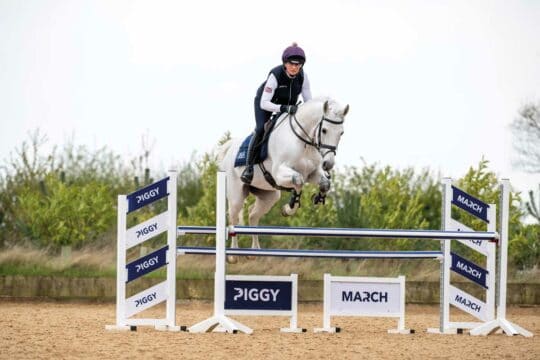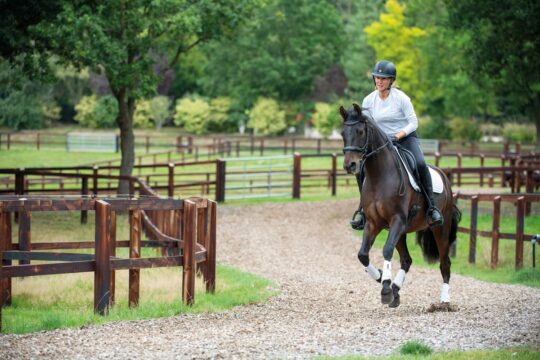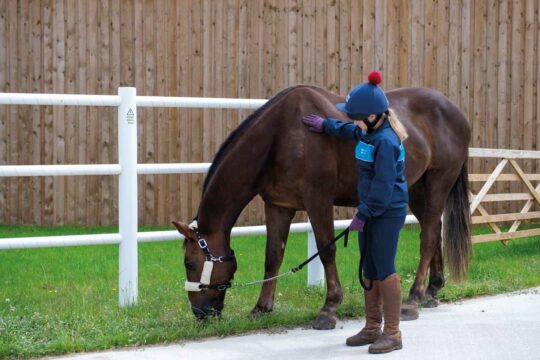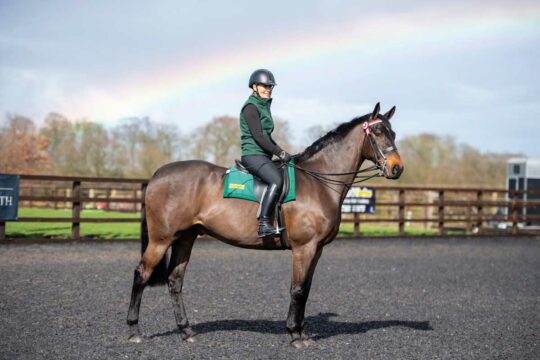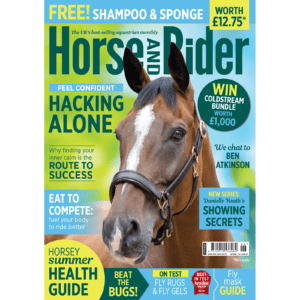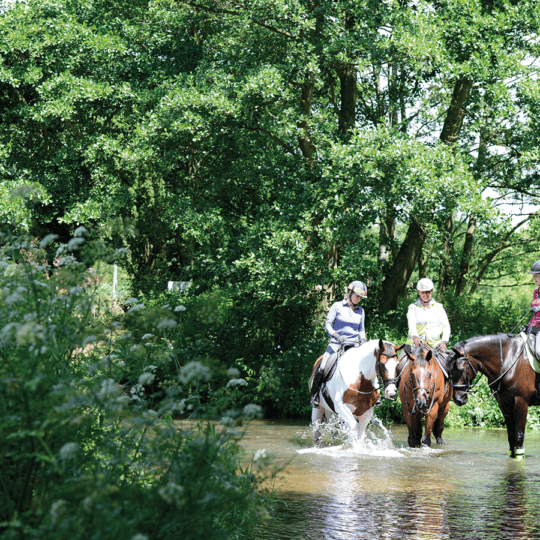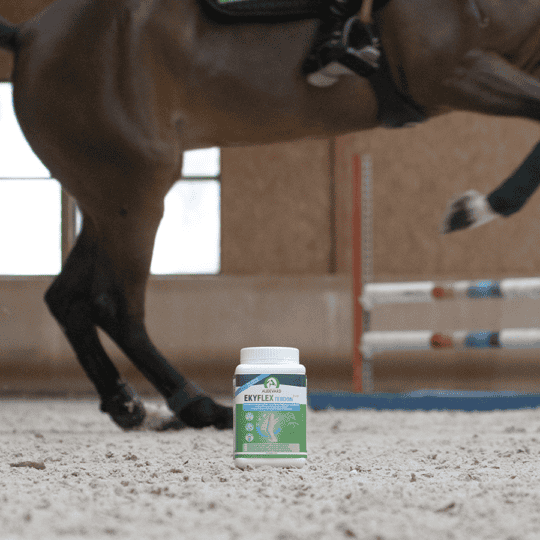Expect the unexpected
Posted 13th May 2024
Alison Buttery helps you deal with sudden challenges to boost your confidence and bond with your horse
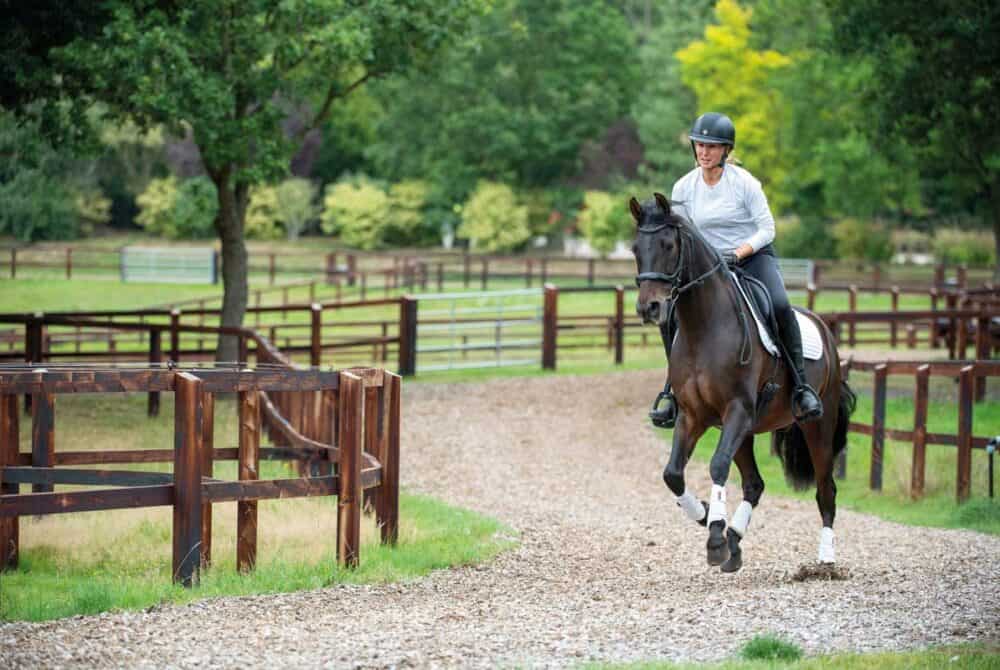
Owning and riding horses is a world full of unexpected twists and turns. Sometimes, things happen that can challenge our ability to manage ourselves and our horses safely and effectively. So, let’s look at some of the different ways you can develop the ability to stay calm when the unexpected happens.
Natural response
In those heart-stopping moments when something unexpected occurs, your body might experience a rush of adrenaline, triggering what’s known as the flight, fight or freeze response. This is your body’s instinctive, protective mechanism that keeps you safe from perceived dangers. But what does it mean for you as a rider?
- Flight Your first instinct might be to get away from the perceived threat, which could mean an overwhelming urge to dismount or turn your horse away from whatever has startled you. It’s a natural response to put distance between yourself and the source of your fear.
- Fight This response gears you up to confront the issue, manifesting itself as becoming tense, gripping the reins tighter, or even being frustrated with your horse for reacting to whatever it is he perceives as a danger.
- Freeze You might find yourself momentarily unable to act, freezing up, holding your breath and feeling unable to make a decision about how to best handle the situation. While freezing can be protective in some scenarios, when riding, it often means that you’re less able to provide your horse with the direction and reassurance he needs at that particular moment.
Did you know?
Fight or flight reactions in the rider can escalate the situation, as horses are highly sensitive to emotions and physical cues. As a result, the horse might become more anxious, thinking there’s good reason to be alarmed.
Under control
Recognising your go-to response is the first step in managing it, as it allows you to move from a reactive state to a responsive one, enabling you to make clearer decisions about how to support your horse and manage the situation.
This moment of recognition is powerful because you shift from being totally at the mercy of your instinctive reactions to taking back control of how you feel. It allows you to guide your horse with calm confidence, creating a positive feedback loop that not only calms him but also reinforces your ability to handle whatever comes your way.
Understanding and managing your flight, fight or freeze response is a key skill in developing a resilient, confident approach to riding, as you’ll know that while you can’t control everything in your environment, you can control your response to it and, therefore, positively influence your horse.
Top tip
By controlling your reactions and influencing your horse’s behaviour, you can go on to create a partnership that’s based on mutual trust and respect.
Learn more about how to stay calm when the unexpected happens in June Horse&Rider, out now!


